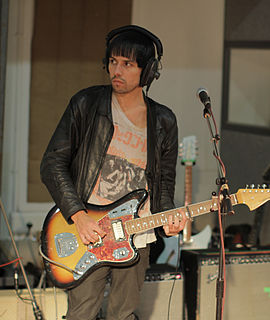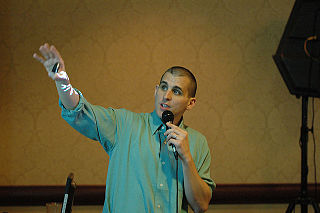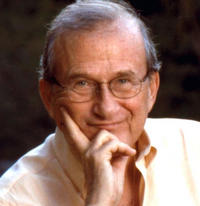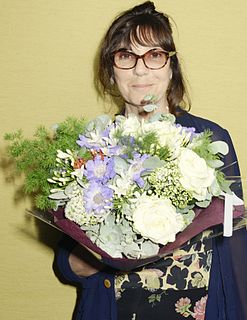A Quote by Kurt Vonnegut
Don't you think that's the main reason people find [writing] so difficult? If they can write complete sentences and can use a dictionary, isn't that the only reason they find writing hard: they don't know or care about anything?
Related Quotes
The only reason I do anything is that I just love writing songs. If I write songs, I feel good about it for days and that's the only reason I do it and it is the only reason I'm in a band. And it's the touring aspect, getting out there, seeing the world, meeting people. It's all I ever really wanted, you know. And it's kind of ever since I was fourteen, I was compelled to do it. I just don't really know what it is or why it is.
Well, first you have to love writing. A lot of authors love having written. But I enjoy the actual writing. Beside that, I think the main reason I can be so prolific is the huge amount of planning I do before I start to write. I do a very complete, chapter-by-chapter outline of every book I write. When I sit down to write, I already know everything that's going to happen in the book. This means I've done all the important thinking, and I can relax and enjoy the writing. I could never write so many books if I didn't outline them first.
I write different kinds of sentences, depending on what the book is, and what the project is. I see my work evolving. I'm writing long sentences now, something I didn't use to do. I had some kind of breakthrough, five or six years ago, in Invisible, and in Sunset Park after that. I discovered a new way to write sentences. And I find it exhilarating.
There are some words I find impossibly difficult ... 'Love,' 'feeling' and especially 'happiness' are at the head of the list. This is not because I haven't experienced any of them but because whenever I think about using the words I don't really know what anyone means by them. I'd find it easier to sit down and write a book about each (coming, obviously, to no conclusion) than to use them casually in speech or writing.
I love the resource of the Internet. I use it all the time. Anything I'm writing - for example, if I'm writing a scene about Washington D.C. and I want to know where this monument is, I can find it right away, I can get a picture of the monument, it just makes your life so much easier, especially if you're writing fiction. You can check stuff so much quicker, and I think that's all great for writers.
I always tell my students to write the story all the way through, not to play with the language and fall in love with sentences that you then have to cut. I actually find that really difficult to do; there's something so demoralizing about looking at a pile of not very great sentences. As I ease into writing every morning, I tweak a sentence and then tweak a paragraph.
The most common thing I find is very brilliant, acute, young people who want to become writers but they are not writing. You know, they really badly want to write a book but they are not writing it. The only advice I can give them is to just write it, get to the end of it. And, you know, if it's not good enough, write another one.
For me writing is a long, hard, painful process, but it is addictive, a pleasure that I seek out actively. My advice to young writers is this: Read a lot. Read to find out what past writers have done. Then write about what you know. Write about your school, your class, about your teachers, your family. That's what I did. Each writer must find his or her own kind of voice. Finally, you have to keep on writing.
Writing helps us heal in certain way, but it doesn't make the experience of thinking about writing that occasion any less painful. When you revisit trauma, you don't know what's going to be triggering for you because you don't know how it's connected in your mind. So in the same way when we write something, it doesn't completely resolve the experience for us. It can feel therapeutic, but that's not the reason why I do it. I do it to ask a question, or just to find meaning.






































